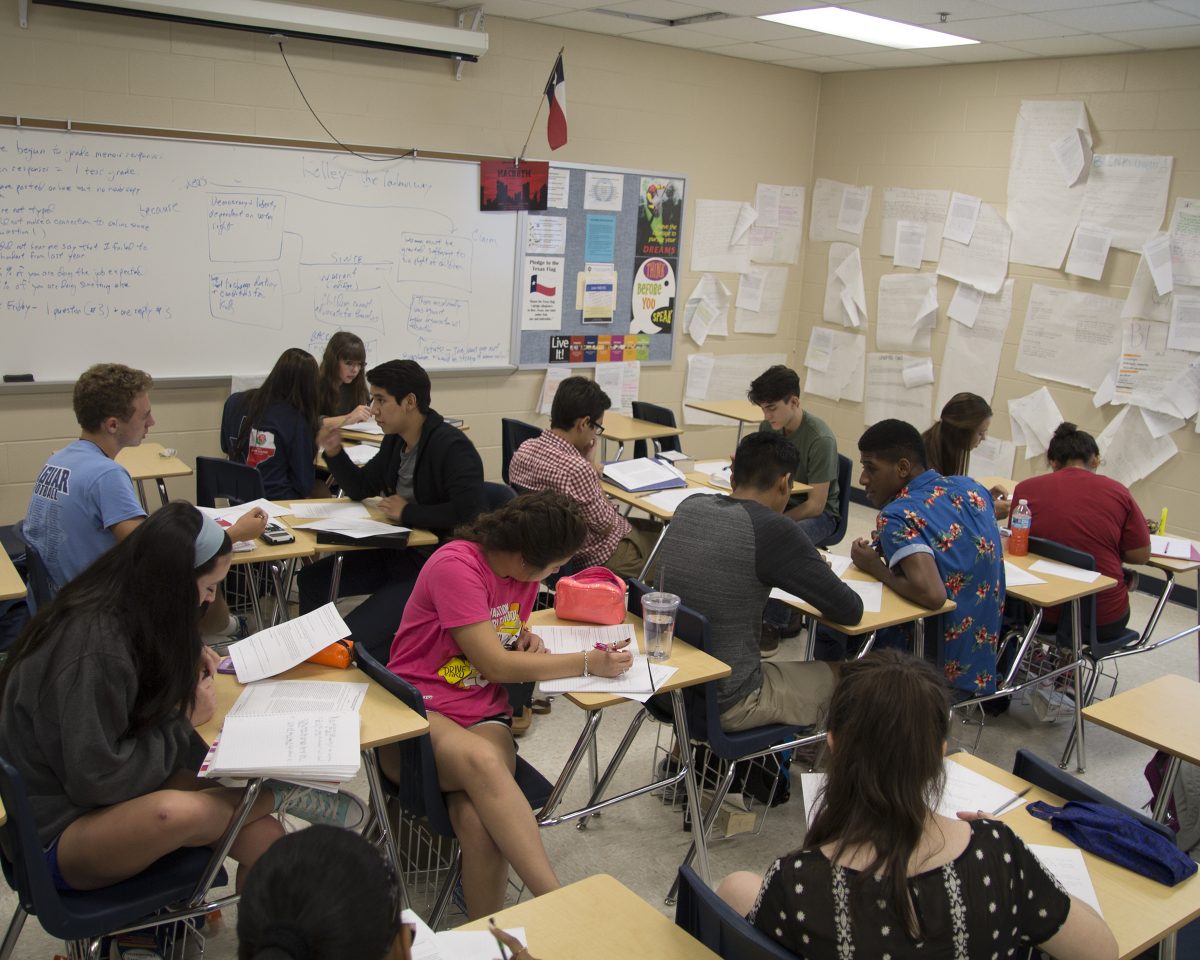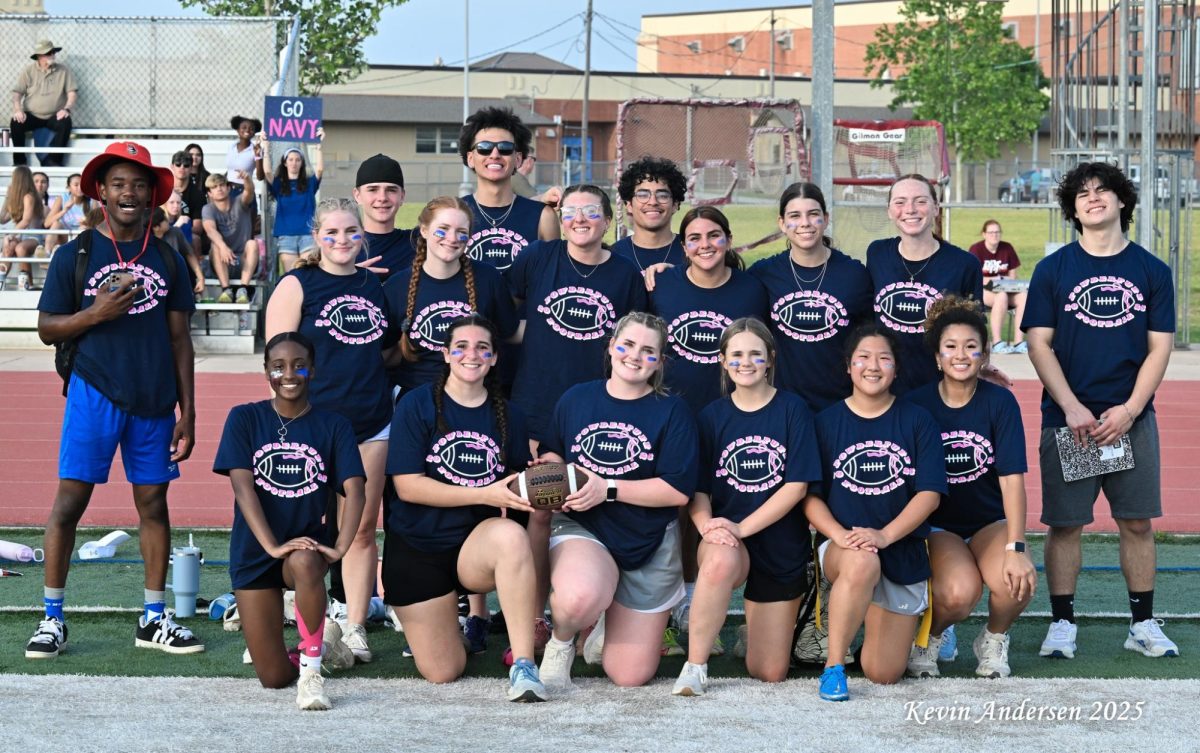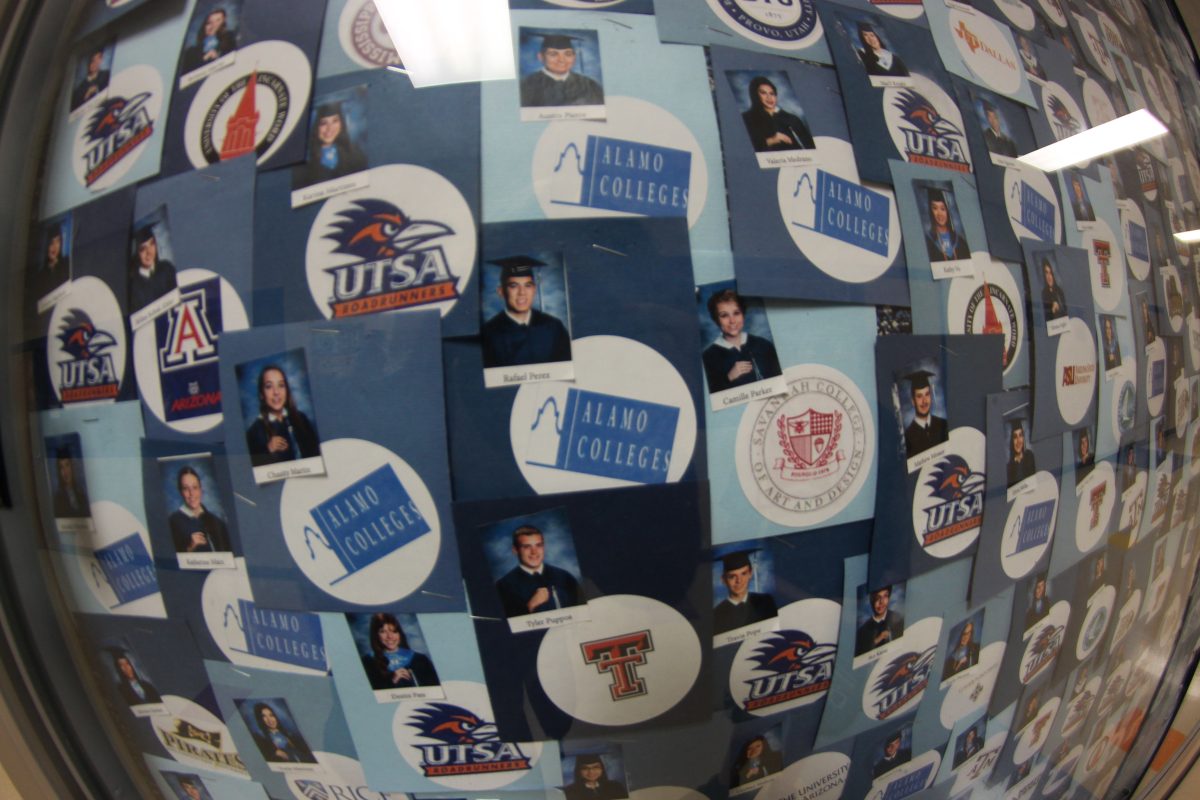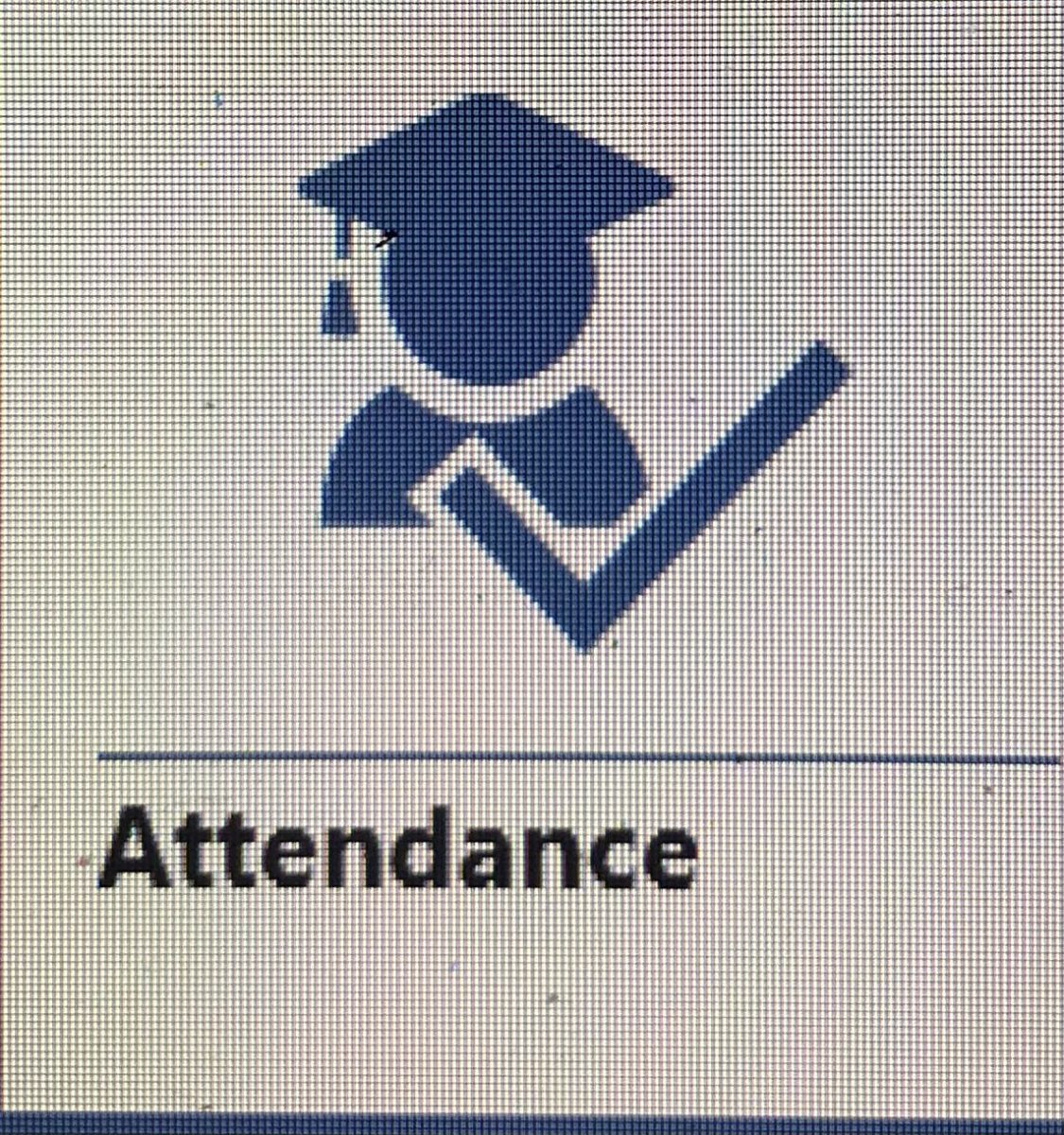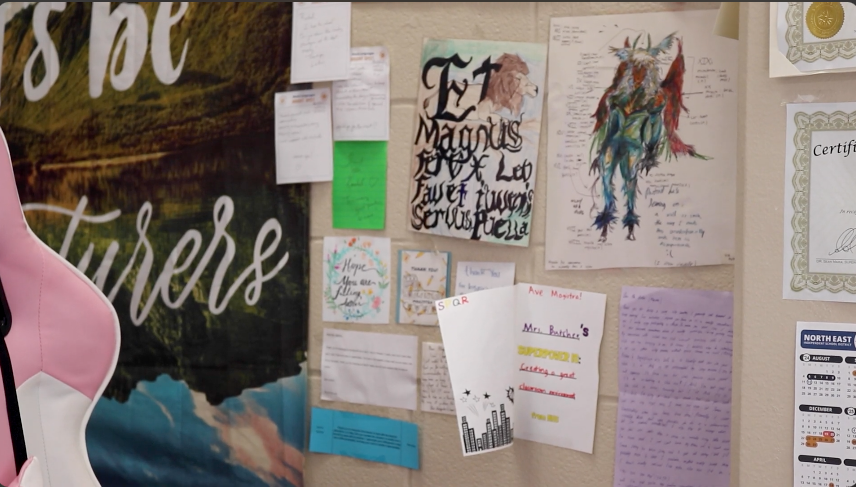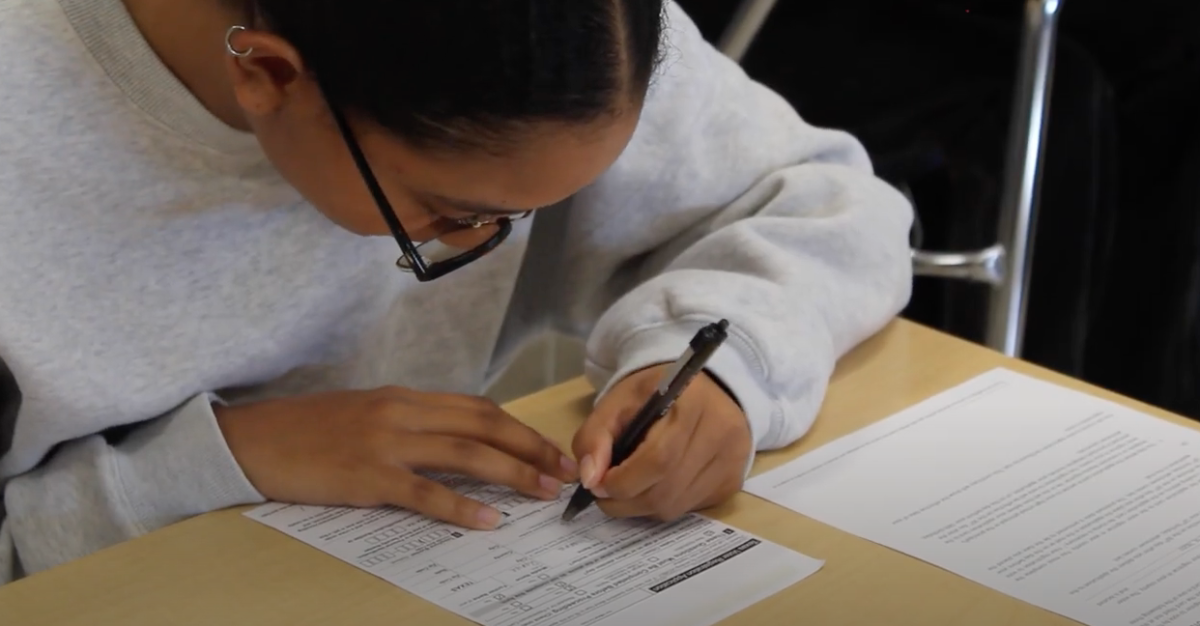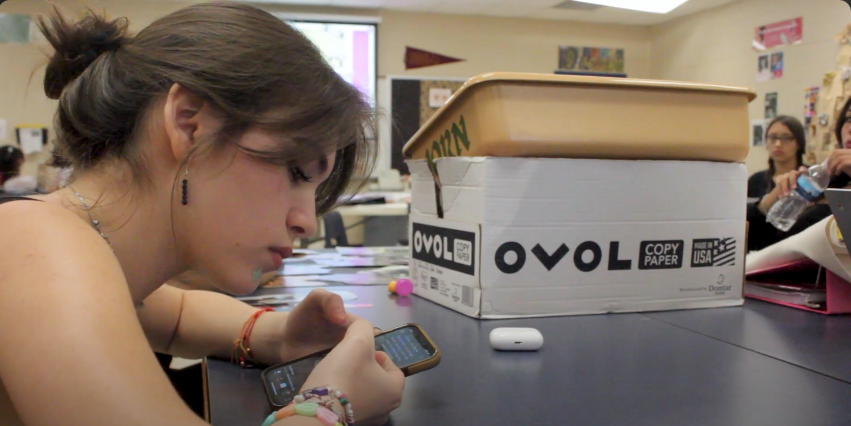by Caitlin Blackmon | staff writer
Students taking AP classes in high school desire the multiplier and some form of college credit. However, because these classes are college-level courses, many students tend to reconsider how much time and devotion they are willing to dedicate to the class. In some cases, students may find themselves wondering if they would rather do poorly in an AP class or excel in a regular class, and how this decision will affect their overall GPA and rank.
“In terms of points towards graduating on an accelerated program (honors), it is better to barely pass an AP course than excelling in a regular class, though from an educator’s perspective, I’d much rather a student be placed in the appropriate learning environment so that they excel at the correct level. This should ensure that they are learning and understanding what is being taught- this is more meaningful than playing the GPA game,” Pre-AP Biology teacher Nicole Nickells said.
AP classes have their benefits over regular high school courses. They will prepare the student in many ways for college, such as providing higher level thinking and deeper knowledge.
“AP classes are wonderful because they go into a greater depth of the subject matter, number one, and two, it gives you the opportunity to earn college credit- if you just take the AP exam and make a three or better. Then you will earn college credit, so that saves your parents money,” counselor Patricia Snider said.
While AP classes have their benefits, they can also add unnecessary stress for some students.
“AP students are expected to keep up the rigor level and rapid pace of the course, and often this is why students find them to be more stressful courses than their regular counterparts,” Nickells said.
There are many factors that can contribute to a student’s stress about these advanced courses. One factor could be taking too many AP classes. Sometimes enough is enough when it comes to taking AP classes.
“I think the reason kids feel stress is not because of the AP class itself, but perhaps because they are taking too many. Because you have to remember that these are college classes, and when you’re in college, you’re in class half a day. In high school, you’re in class all day, plus you have your extra curricular, so it’s important to balance how many AP classes you really want to take,” Snider said.
After realizing the amount of work is just too much, the student must decide how they will solve the problem. This often means dropping either one or several AP

courses.
“[Dropouts are] fairly normal nowadays because people realize that they can’t do the work load, or they’re just being lazy,” junior Benjamin Jedow said.
However, AP classes are highly recommended amongst College Board and school counselors, and colleges look at how many AP courses a student took in high school. Because colleges pay close attention to how many AP classes students take, students feel some amount of pressure to take them. The pressure to take these courses can come from multiple places, such as the school, peers, parents, or even from within the student.
“College scholarships are typically awarded to highest ranking students and with the cost increase of these post-educational institutions on the rise, parents and students feel the pressure to sign up for as many AP courses as possible, in hopes that the points earned will push them into a higher class ranking, in order to earn possible scholarships and/or admittance into accredited colleges,” Nickells said.


